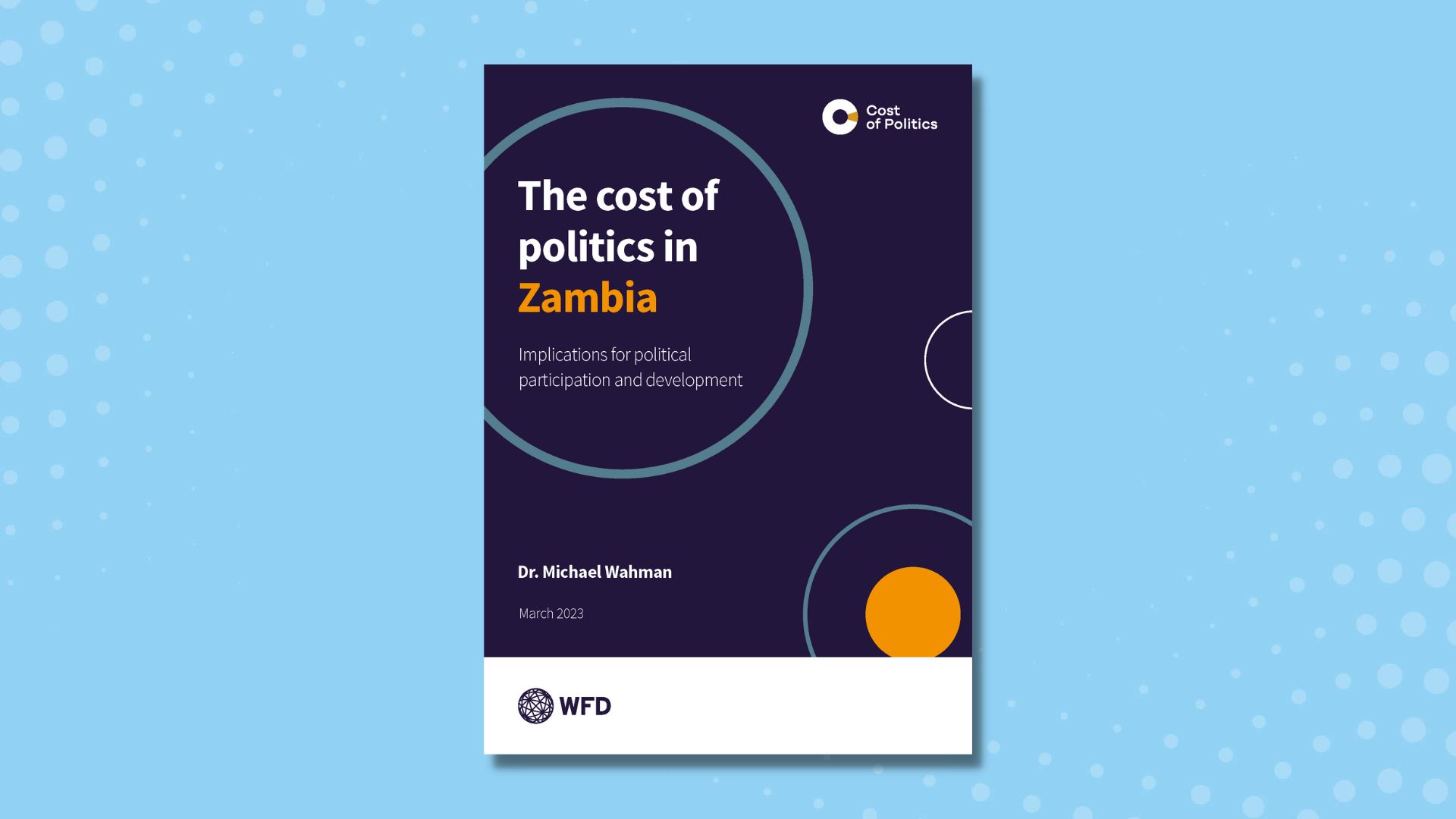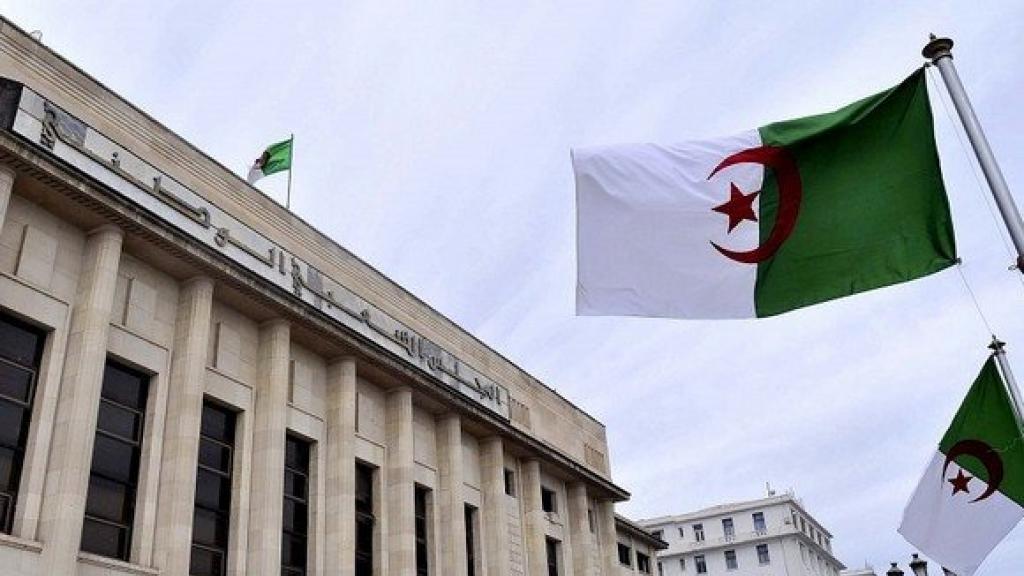The Zambia Cost of Politics Survey (ZCPS) examines campaign finance in the Zambian 2021 parliamentary election. Observers of Zambian politics have long voiced concerns about the extent to which parliamentary elections are characterised by lavish spending and high levels of clientelism. Expensive campaigns have the potential to skew political competition in favour of political parties with access to state resources, reduce female representation, and distort political representation to the detriment of pro-poor policies. Moreover, expensive campaigns, especially if such campaigns are privately financed, also have the potential to increase levels of corruption. While issues related to campaign finance in the Zambian context are well known, there is a dearth of quantitative data estimating the actual costs of running for parliament in Zambia and specifying the source of resources used in campaigns. Furthermore, we do not know whether important subgroups of candidates, based on factors such as gender and partisanship, spend varying amounts in campaigns. These are questions the ZCPS aims to shed light on.
Key findings
The Zambia Cost of Politics Survey presents systematic data on the 2021 parliamentary election. It finds that, on average, campaign expenditure was 568,000 ZMW (31,300 USD), with the average cost for candidates winning more than 20% of the vote higher at 990,000 ZMW (54,500 USD). Most campaign costs are incurred during the general election campaign, but many candidates also spend substantial amounts of money winning party nominations. Across all parties the average cost of participating in a competitive candidate selection process was 158,000 ZMW (8,600 USD).
But the data shows that there are significant differences in campaign spending between parties. Candidates from the two dominant parties - the Patriotic Front (PF) and United Party for National Development (UPND) - on average spent 165% more on their parliamentary campaigns than those not belonging to these two leading parties. This data was gathered through 23 qualitative interviews and a survey of 206 of the 682 candidates who stood for election in the 2021 election.
The data illustrates that although women are underrepresented in terms of the number of candidates standing for election, those who do contest are able to compete financially with their male counterparts. Candidates, for the most part, are expected to foot most of the bill of contesting themselves: the average candidate financed 55% of the campaign through personal resources. Candidates themselves acknowledge this expectation with 60% of respondents stating that they ended up spending more in the election campaign than they had anticipated. Nevertheless, 54% stated that they would attempt to spend even more if they were to run again.
Six factors can explain the spiralling cost of politics in Zambia. The persistent clientelist nature of politics; the importance of personalities over policy stances; political parties’ insufficient access to resources; corruption incentives; the unregulated and opaque nature of business financing; and the complete lack of enforcement of existing campaign finance regulations. The consequence is that expensive campaigns have the potential to skew political competition in favour of political parties with access to state resources, reduce female representation, and distort political representation to the detriment of pro-poor policies. Moreover, and especially when privately financed, they can also have the potential to increase levels of corruption.
To full report is available to download on this page.
These findings suggest that for actors interested in issues related to political representation, including women’s representation, corruption, and accountability, reducing the cost of politics should be high on the political agenda. This could include through efforts to ensure effective enforcement of campaign spending provisions already outlined in the legal framework, public declarations of campaign contributions and greater civic education on the perils of vote buying and the need for issue-based politics.




